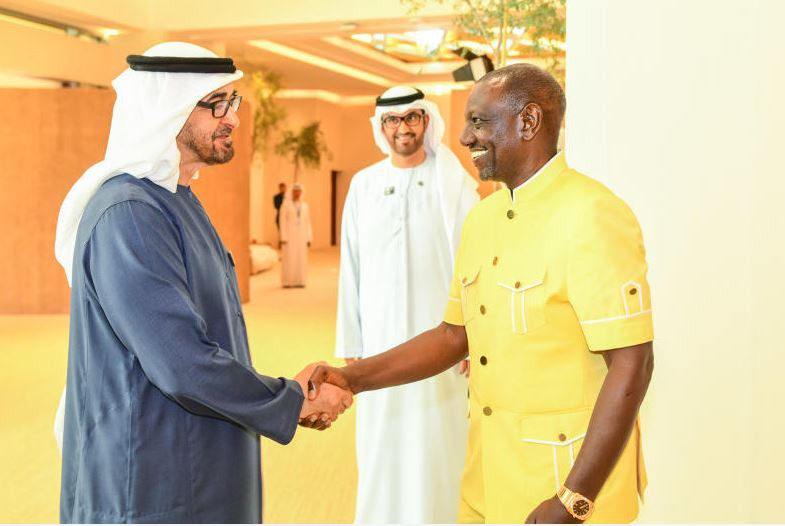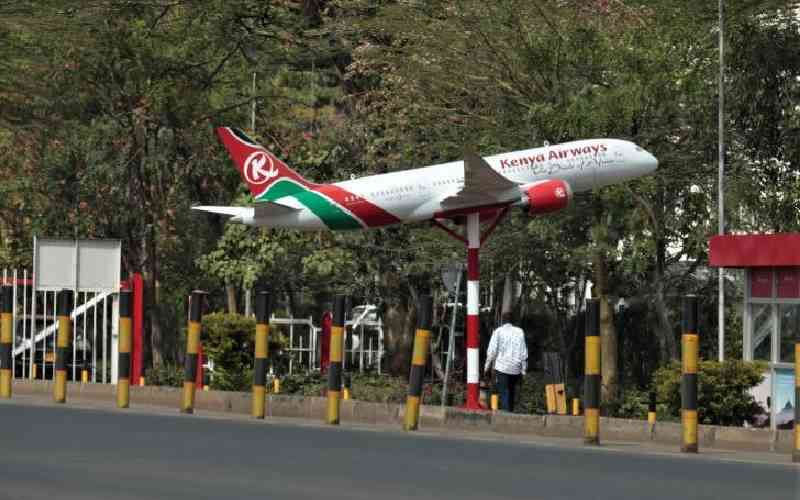×
The Standard e-Paper
Join Thousands Daily

Nigerian President Muhammadu Buhari’s first state visit to Kenya last week sparked the interest Africa’s business community.
Speculation was rife as to what the outcome of trade and political talks with his Kenyan counterpart Uhuru Kenyatta would be.







